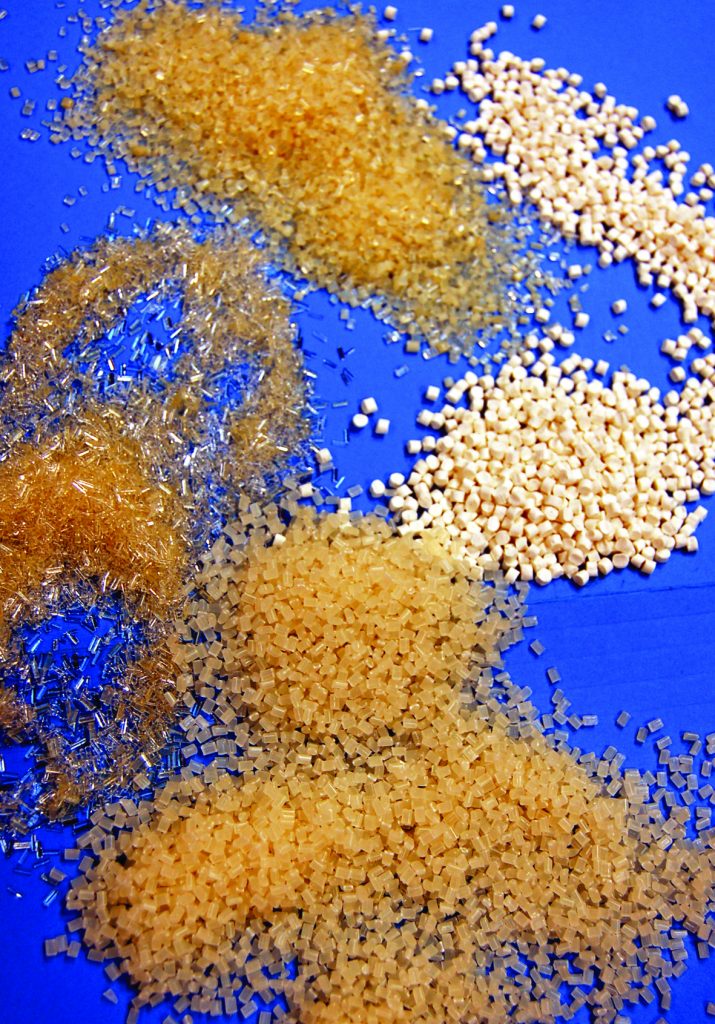
Development of new materials
The development of new materials includes new formulations for obtaining reinforced or composite materials (additive technologies), the use of alternative packaging materials (bio-based, compostable, biodegradable, etc.) to conventional ones, and the replacement of layers and/or reduction of thickness in multilayer packaging. This work area is aimed at improving the properties of packaging materials, reducing the amount of packaging material used and improving sustainability and cost optimization.
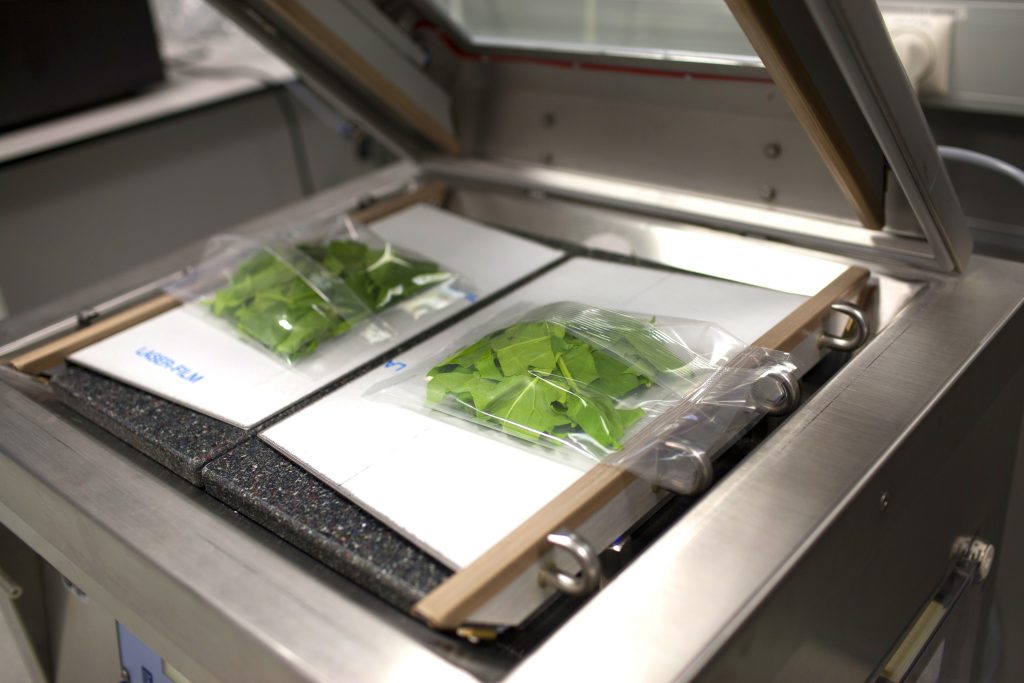
Food technology
Food technology is the scientific branch that covers the techniques involved in production, processing, preservation, packaging, labeling, quality management, and distribution of food products. The field also involves techniques and processes that are used to transform raw materials into food, as well as the study and improvement of the quality of food products, considering their physical, chemical and biological characteristics.
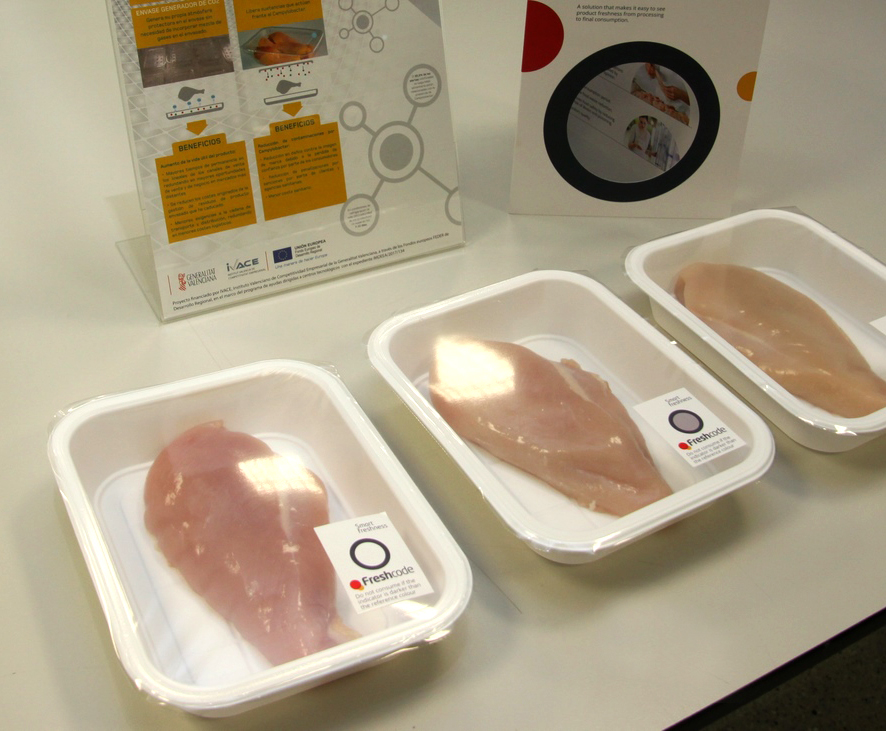
Smart packaging
Smart packaging encompasses the various options for active, interactive, and intelligent packaging. The difference remains in the fact that active packaging interacts with the product: it removes or releases elements to preserve its quality and extend its shelf life, while interactive packaging interacts with consumers and draws their attention.
On its turn, intelligent packaging monitors and reports on the status of the product. In this technological line, the main objective is to add value to products through the development of indicators integrated into packaging and technologies that offer new functionalities to consumers, such as the ability to provide information on the freshness of the product it contains, its optimum point of consumption, its authenticity, etc.
One option for achieving these intelligent properties is the application of printed electronics, a printing method used to create electronic devices by printing on a variety of substrates.
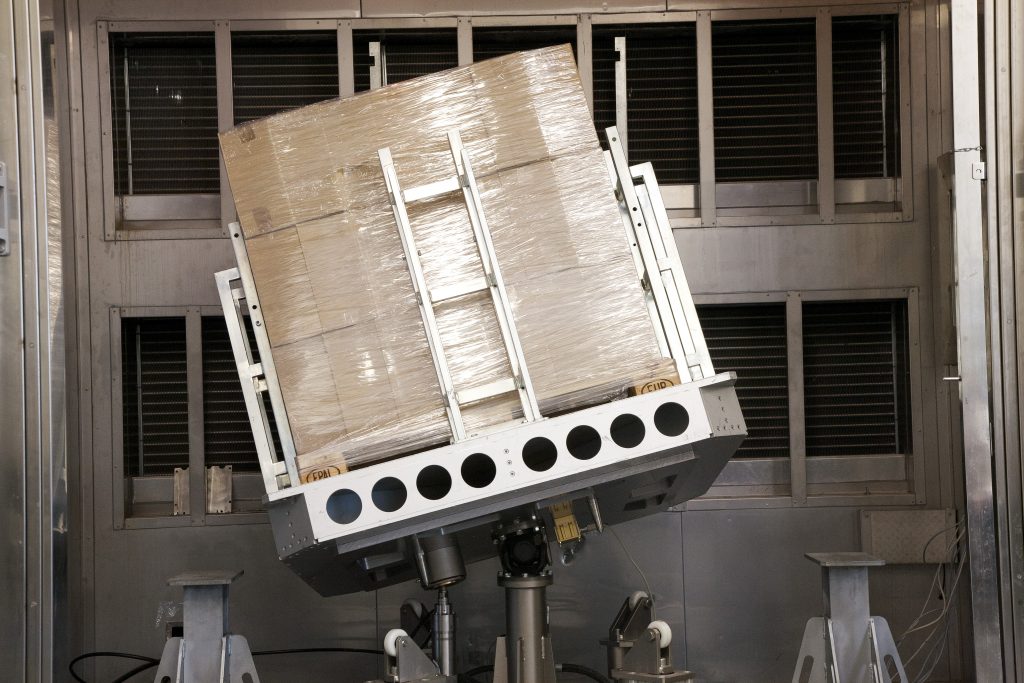
Packaging engineering
Packaging engineering allows the development of solutions to reduce risks in the distribution process through concrete actions on packaging systems. Among other aspects, this discipline focuses on the correct identification of the main risks in the distribution chain, on techniques for monitoring risks along the logistics chain and on the simulation of the transport and distribution environment using specialised equipment.
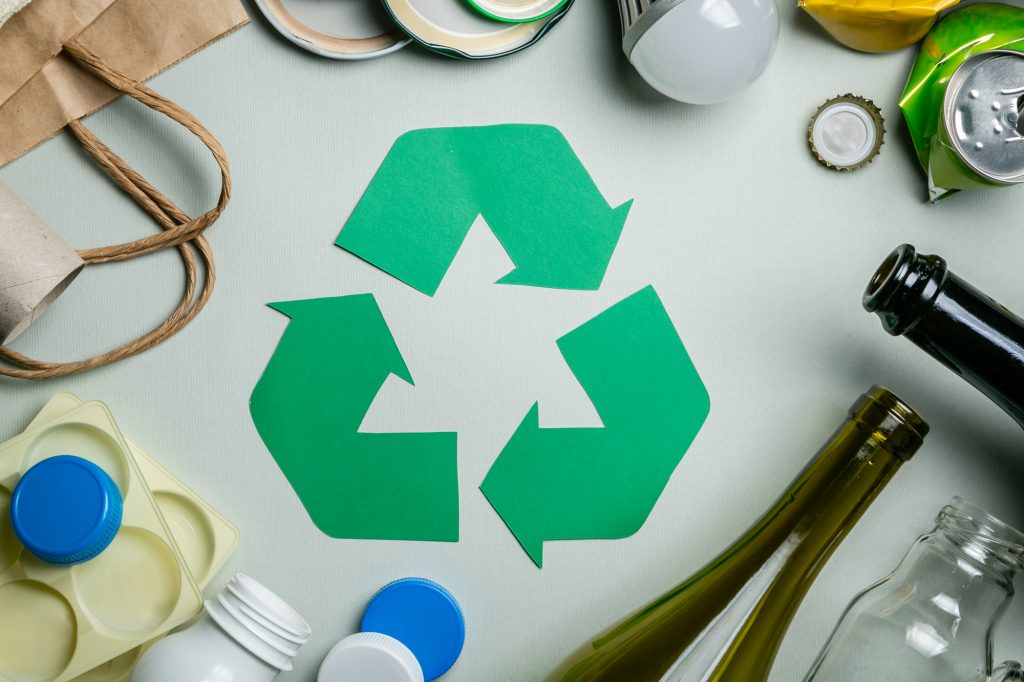
Recycling technologies
In the area of recycling technologies, innovative solutions can be developed for the sorting, recycling, and recovery of packaging waste. This includes the phases of pretreatment, identification, deinking, delamination and decontamination for food contact applications, as well as the mechanical or chemical recycling.
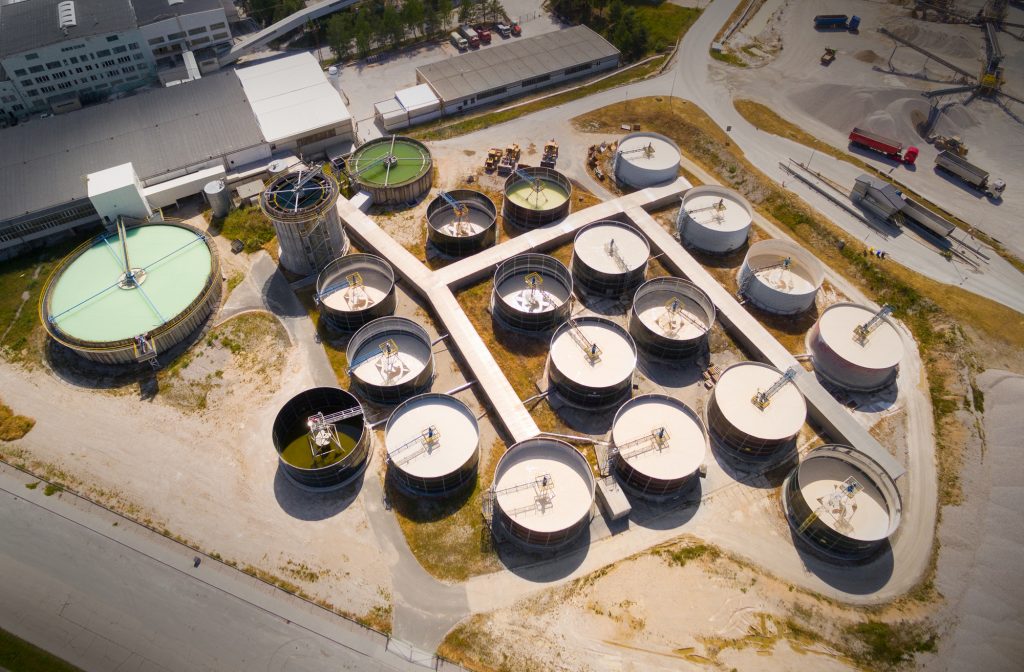
Biotechnology
Biotechnology is a growing scientific field that is based on the use of biological systems and living organisms, or their derivatives, for the creation or modification of certain products or processes and their use in different applications. Biotechnology therefore makes it possible to recover and extract value from what was hitherto considered to be only waste and is a key ally in the circular economy towards which the European Union wants to move.
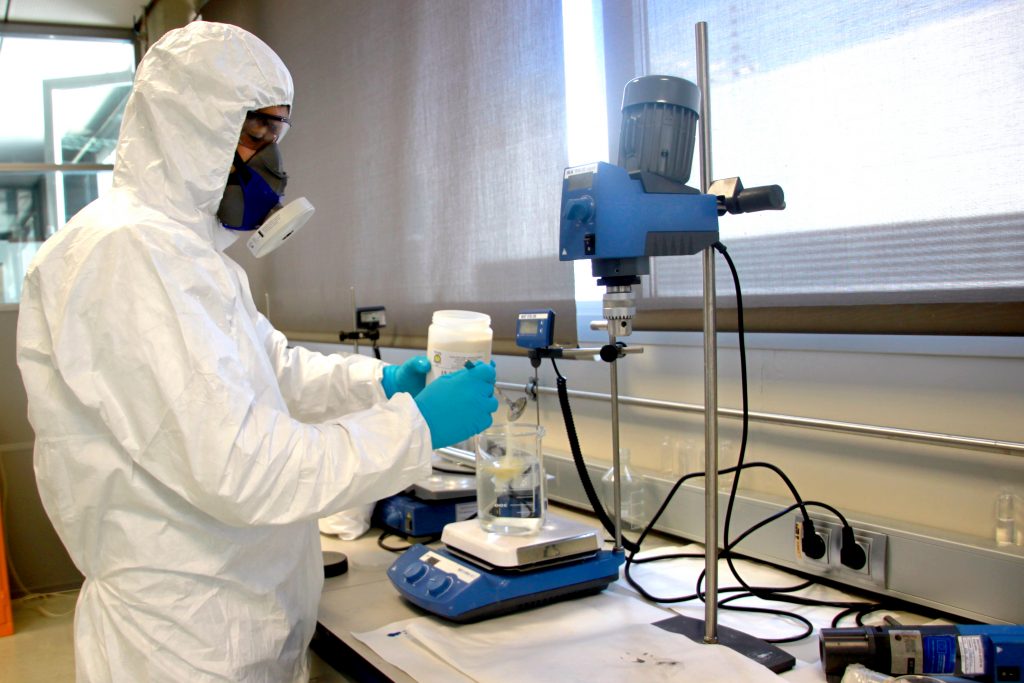
Nanosafety
The areas of nanosafety, toxicology and industrial hygiene are key for conducting risk assessment and management of chemical products, including nanomaterials and nanoproducts, helping companies to work safely with chemical agents, and to develop products that meet market standards and comply with legislation, ensuring responsible and ethical management of chemical products.